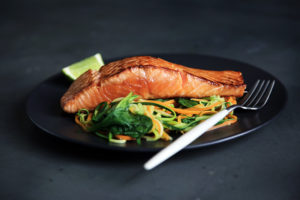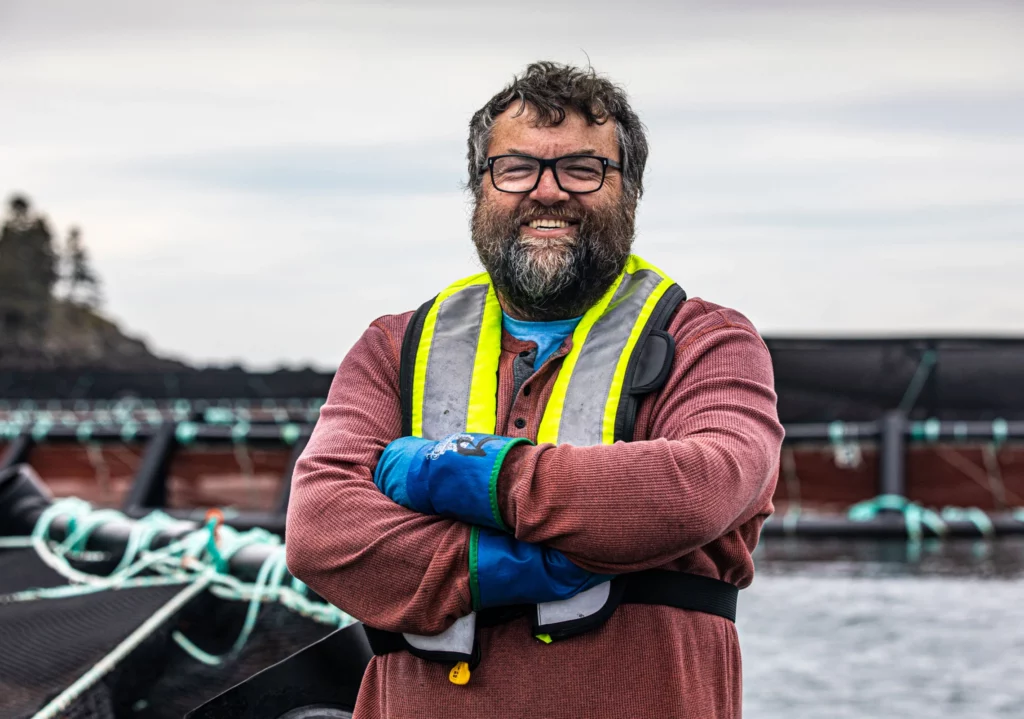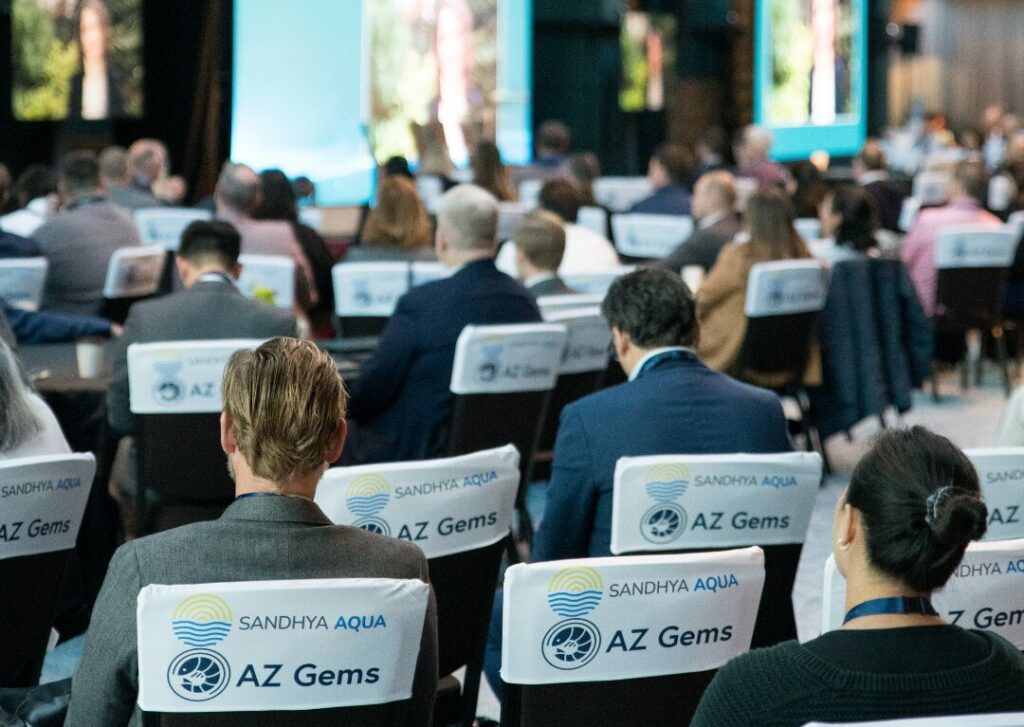Rebecca Noel and the Most Asked Aquaculture Question
We asked experts in the aquaculture world the question they’re asked most frequently. During the final few days of National Seafood Month, we’re here to share their questions, and more importantly their answers.
GAA: What’s the aquaculture question you’re asked the most? How do you answer?
 The No. 1 question we get about aquaculture is: Is it OK to eat farmed fish? The answer is, of course, yes, farmed fish is safe to eat. Americans would be in better health if they ate more seafood, but the only way to achieve that is through a combination of the wild and farmed fish.
The No. 1 question we get about aquaculture is: Is it OK to eat farmed fish? The answer is, of course, yes, farmed fish is safe to eat. Americans would be in better health if they ate more seafood, but the only way to achieve that is through a combination of the wild and farmed fish.
U.S. laws governing the harvest and processing of seafood for human consumption are among the best in the world. Seafood farmers follow the same food-safety guidelines as land farmers. Farmed fish are fed diets specifically designed for their nutritional needs.
Additionally, farmed fish can help with the recovery of natural fish populations, improve indigenous food supplies, increase the diversity of available seafood products, and provide a healthier alternative to land-based animal protein.
In the United States, some of our favorite and most popular seafood options are farmed, such as oysters, clams, mussels, shrimp, catfish, trout, salmon and sea bass. Farming finfish, shellfish and even seaweed helps produce food while restoring habitats, replenishing wild stocks, and rebuilding populations of threatened and endangered species.
How does aquaculture play a role in the mission of SNP to build awareness of the health and nutritional benefits of seafood? Why was aquaculture a specific SNP key theme for 2018?
For us, eating seafood and the health of the environment are inextricably linked, and we try to communicate that in our outreach to all audiences. Seafood is a vital part of the human diet that supports both human health and environmental health. Adopting a healthier dietary pattern to include seafood, however, must coincide with the ability for those foods to be produced with lower impact to the environment to stand a better chance of ensuring our future food security.
To have a sustainable supply of seafood for future generations means that seafood needs to be caught or farmed in environmentally and socially responsible methods. While our mission is focused on promoting a healthier population through seafood nutrition, we are grateful for the work conducted by organizations that support sustainable and responsible seafood with frameworks for those in the seafood sector to be able to bring healthy seafood to the consumer.




